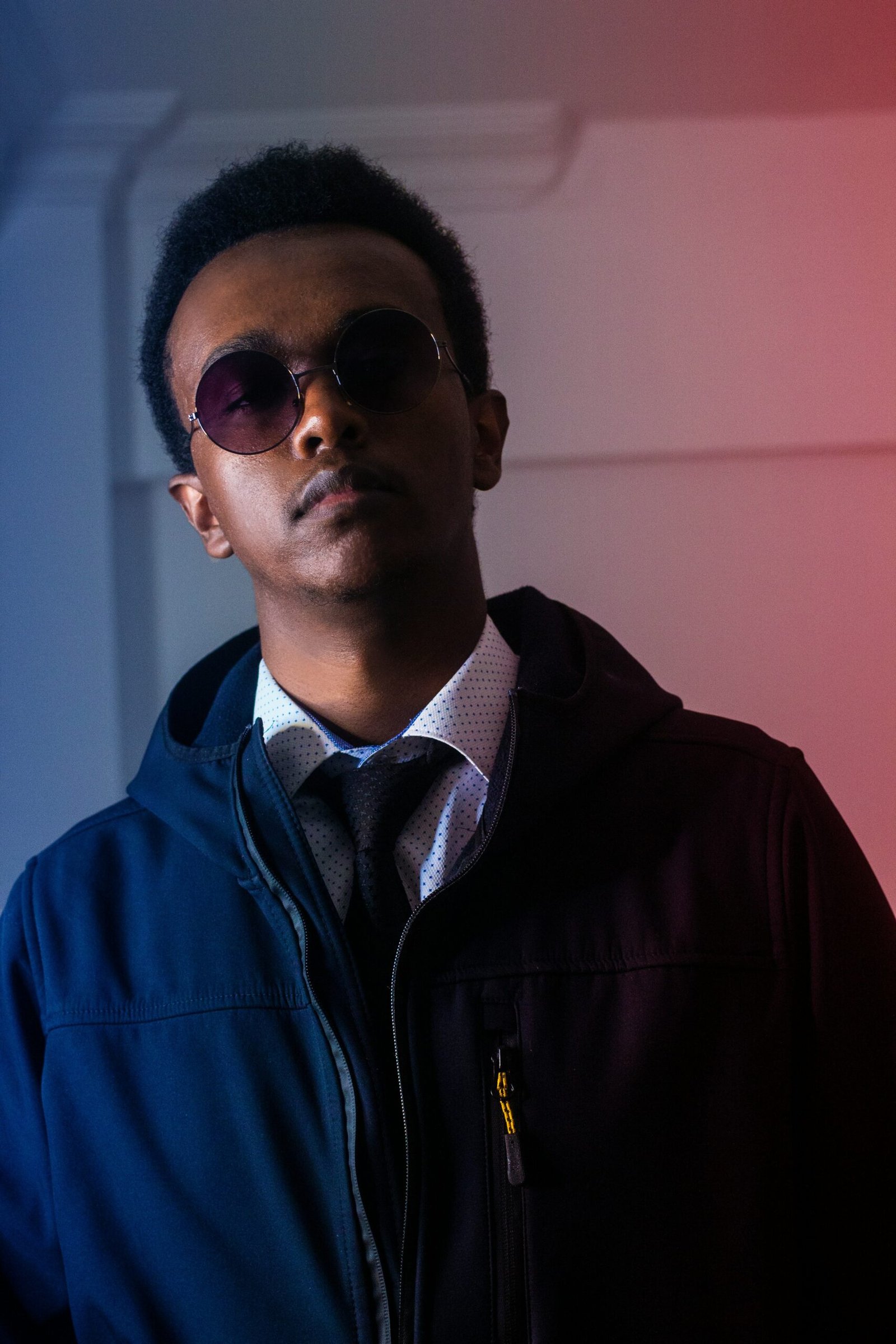In an era where technology is reshaping every facet of human existence, the role of the humanities is being reevaluated. While STEM fields dominate headlines and educational funding, voices like Samir Salih are emerging as crucial advocates for the continued relevance—and evolution—of the humanities. In this exclusive interview, Samir Salih, a prominent cultural theorist and educator, explores how the humanities can coexist and even thrive in a tech-driven world.
Who Is Samir Salih?
Before diving into the interview, it’s important to understand who Samir Salih is and why his insights matter. Known for his cross-disciplinary work in cultural studies, history, and art, Salih has become a prominent figure in dialogues surrounding identity, heritage, and education. He has lectured internationally, published academic papers, and consulted on cultural policy, making him uniquely positioned to comment on the future of human-centered disciplines in an increasingly automated society.
The Role of Humanities in a Rapidly Digitizing Society
Q: Samir, how would you define the current state of the humanities in the context of today’s technological revolution?
Samir Salih: We’re witnessing a critical juncture. The humanities are often perceived as antiquated or non-essential, especially in comparison to fields like data science or AI. But this perception is misleading. If anything, the rapid acceleration of technology makes the humanistic perspective more urgent—not less. The humanities teach us to question, contextualize, and ethically navigate change. Without this framework, we risk innovation without reflection.
Q: Do you believe that the humanities are adapting fast enough to technological shifts?
Samir Salih: In some ways, yes. There are institutions and individuals making bold strides—integrating digital humanities, using AI for literary analysis, creating virtual reality experiences of historical sites. But on the whole, there’s still a hesitancy in many academic circles. The humanities must embrace technology not as a threat, but as a tool for deeper understanding and broader access.
Digital Humanities: A Bridge Between Two Worlds
Q: Could you elaborate on the digital humanities and their significance?
Samir Salih: Digital humanities are essentially the application of digital tools to traditional humanistic inquiry. Whether it’s text mining historical archives, 3D modeling ancient ruins, or using GIS for cultural geography, the possibilities are vast. What excites me most is how digital humanities can democratize knowledge. Projects that were once locked behind academic paywalls can now be accessed and even contributed to by the global public.
Humanities and Artificial Intelligence
Q: Let’s talk AI. What’s your stance on artificial intelligence and its implications for the humanities?
Samir Salih: AI poses philosophical questions that humanities have grappled with for centuries—questions about consciousness, identity, agency, and ethics. The issue isn’t just what AI can do, but what it should do. The humanities can provide a moral compass in this domain. For instance, training AI on biased data can reinforce existing societal inequalities. A humanistic lens ensures we’re not just building smarter machines, but more ethical systems.
The Humanities in Education: A Changing Curriculum
Q: Are you concerned about the decline in humanities enrollment across universities?
Samir Salih: Yes, and no. The numbers are worrying, but they reflect institutional failures rather than a lack of interest. When students see the humanities as disconnected from real-world application, they turn away. But when they experience how literature, philosophy, or history can illuminate today’s dilemmas—climate change, political polarization, surveillance capitalism—they engage deeply. The challenge is in communicating the value effectively.
Q: What reforms would you suggest in educational curricula?
Samir Salih: Integration is key. Don’t silo the humanities from the sciences. Instead, build interdisciplinary programs where students can study ethics alongside computer science, or narrative theory alongside UX design. The world isn’t segmented, so education shouldn’t be either. We need “translational thinkers” who can move fluidly between code and culture.
Cultural Identity in a Globalized Digital Era
Q: How has technology impacted cultural identity?
Samir Salih: Technology can amplify marginalized voices but also homogenize culture. Social media, for example, allows indigenous artists to reach global audiences, yet those same platforms often promote algorithmic conformity. There’s a paradox. That’s why cultural literacy—the ability to critically assess media, history, and representation—is more important than ever. The humanities provide that critical toolkit.
Samir Salih on Globalization and Heritage
Q: In your recent lectures, you’ve spoken about heritage preservation. How can the humanities contribute to safeguarding cultural memory?
Samir Salih: Cultural memory isn’t just about artifacts—it’s about narratives. Who tells the story, and how? The humanities help us interrogate these narratives. Digital tools can aid this process. Think of community-driven oral history platforms or blockchain for provenance tracking in museums. But again, tech is a means—not an end. It must be guided by ethical frameworks rooted in humanistic values.
The Future of Work and the Human Element
Q: With automation on the rise, many fear job losses. How do the humanities prepare us for the future of work?
Samir Salih: Ironically, the most “future-proof” skills are those long championed by the humanities: critical thinking, empathy, adaptability, storytelling. Machines may outperform us in routine tasks, but they can’t replace the human touch in leadership, negotiation, or creative innovation. The future of work will demand hybrid thinkers—engineers who understand ethics, marketers who understand psychology, and designers who understand history.
Technology and Ethics: A Humanistic Imperative
Q: How can we build more ethical technology?
Samir Salih: By embedding humanistic inquiry into every stage of the design process. Too often, ethical considerations are an afterthought. We need ethicists at the table from day one. Imagine if developers designing facial recognition software had also studied critical race theory or surveillance history. The outcomes would be very different.
On Storytelling and the Digital Age
Q: You often talk about storytelling as a central pillar of human connection. How is storytelling evolving in this digital age?
Samir Salih: Storytelling is more dynamic than ever. We now have interactive narratives, transmedia storytelling, and immersive environments like VR. But the core remains the same: stories are how we make sense of the world. The humanities help us tell better stories—more nuanced, inclusive, and transformative ones. Digital platforms simply expand our reach.
A Call to Action from Samir Salih
Q: What final thoughts would you like to share with readers who are passionate about the humanities?
Samir Salih: Don’t retreat—innovate. The humanities aren’t relics of the past; they’re roadmaps for the future. If you’re a student, explore how your humanistic passions can intersect with tech. If you’re a policymaker, invest in arts and cultural education. And if you’re in tech, engage with philosophers, historians, and artists. We need a coalition of thinkers to build a humane future. The stakes are too high to silo ourselves.
Conclusion: The Evolving Legacy of Samir Salih
Samir Salih embodies the fusion of tradition and innovation. His insights highlight that the humanities are not simply surviving in a tech-driven world—they are evolving to meet it head-on. As AI, automation, and data reshape our lives, it’s thinkers like Salih who remind us that our humanity must remain at the center of progress.
Whether you’re an educator, developer, student, or policymaker, the words of Samir Salih serve as a compelling invitation: to engage critically, think ethically, and build thoughtfully. The future may be digital, but it must also be deeply human.




